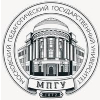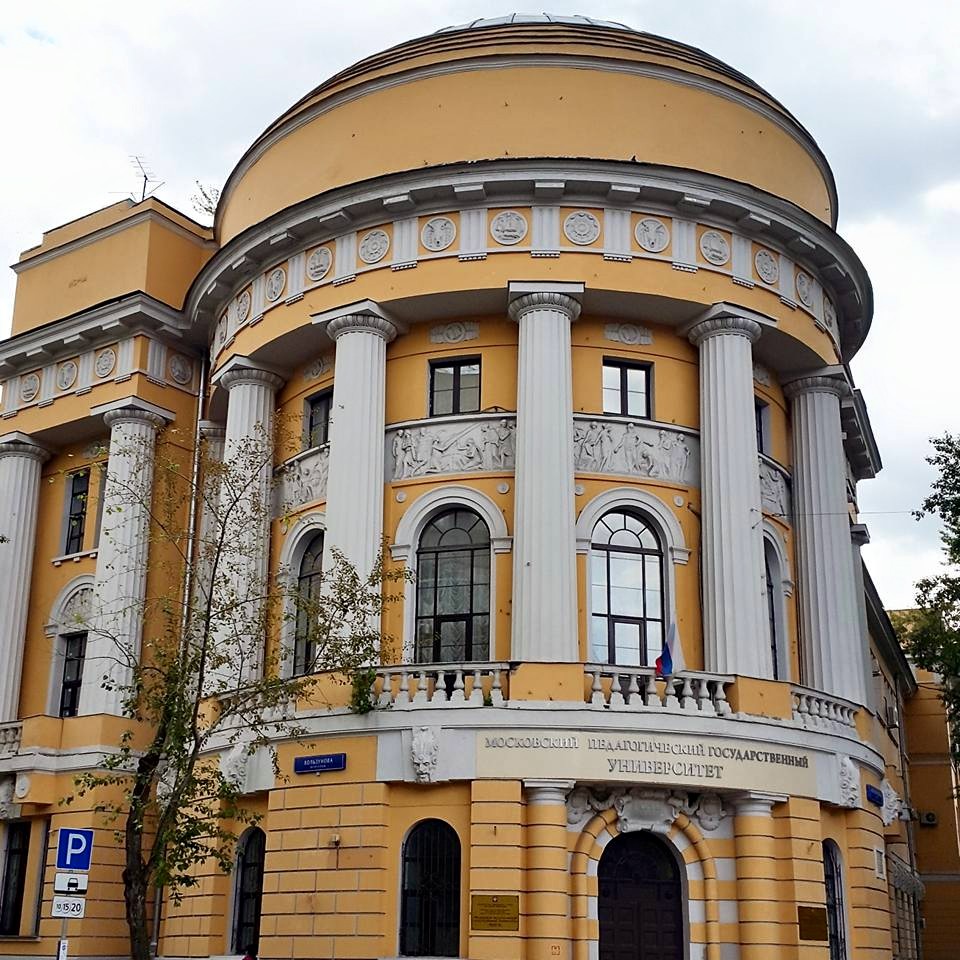1/1 M. Pirogovskaya Str., Moscow 119991, Russian Federation
Career Counselling

Moscow Pedagogical State University is a highly ranked pedagogical institution of higher education located in Moscow, Russia. The history of the University can be traced back to 1872, and it is now home to almost 28,000 students, of whom almost 10% are international students from 87 different countries.
The campus in Moscow contains 18 University Buildings and 7 Dormitories. The University also has 8 branches in different regions of Russia, primarily in the European part of the country. All these locations are well equipped with academic and research ...
| Establishment year | 1872 |
| Total Students | 27,589 |
| International Students | 2,320 |
| QS World University Rankings 2024 | 1201 - 1400 |
| Campus Size | N/A |
| Total Number of Campuses | 9 (main campus in Moscow + 8 branches) |
| University Website | http://en.mpgu.su/home/ |
| No. of Schools and Divisions | 14 Institutes and 3 Faculties |
| Nobel Prize Winner Alumni | 0 |
| No. of Education Programs | 38 (undergraduate), 25 (Master’s), 69 (PhD) |
| Student to Faculty ratio | 16:1 |
Moscow Pedagogical State University offers undergraduate and postgraduate courses through 14 Institutes and 3 Faculties.
International Applicants to Moscow State Pedagogical University must satisfy the following criteria:
Applicants to PhD courses must prepare a paper (between 10 and 15 pages in length) regarding their chosen thesis topic. They must also have a CV translated into Russian, with a list of all published journal papers.
Candidates can apply online for Bachelor's and Master's programs at the University between June and August every year, and up to October for PhD programs. The following procedure is to be followed while applying:
Tuition fees for undergraduate international students at Moscow Pedagogical State University vary according to the program as follows:
Tuition fees for Master’s courses for foreign students are as follows:
Tuition fees for all full time PhD programs for international students are 298,200 rubles per year/ Living costs depend on the choice of dormitory; students can choose from among 7 we;ll equipped dormitories located on campus, and can also choose room occupancy (two or three residents). Other common costs include food, travel, personal items, and academic infrastructure.

Moscow Pedagogical State University has its main campus in the city of Moscow. There are also 8 other branches in different regions of Russia: Balabanovo, Derbent, Yegoryevsky, Anapsky, Pokrovsky, Sergiev Posad, Stavropol, and Shadrinsky.
The University has many sports clubs, catering to sports like football, hockey, badminton, table tennis, aikido, skiing, gymnastics, and chess. There are several sports halls throughout the campus that allow students to play both indoor and outdoor matches. The annual MPGU games are held among all the Institutes and Faculties in mini-football, table tennis, volleyball, basketball and chess. The other flagship annual sports event is the Rector Volleyball Tournament - starting in 2012 as an internal competition, it has since expanded to become an international event.
The Center for Recreational Activities hosts all the artistic and cultural student clubs. Several are active in the area of choreography, including “Phoenix”, the historical dance studio, “Inspiration”, the University dance team, and “IFTIS”, the modern dance troupe. There are many theater and music groups at the University, in addition to choirs from many different Faculties and Institutes. Other cultural student clubs include the humor club, literary and guitar clubs, cheerleading, literature, and poetry clubs, and oratory groups.

The MPGU Museum is one of the most important spots on campus. It has four exhibition halls that allow students of the University to get a glimpse of the glorious past of the city and country, an archaeological exhibit section, and five scientific collections: Historical, Zoological and Ecological, Geological and Mineralogical, Botanical, and Sport. It was the first museum in Russia to have been nominated for the prestigious UNESCO Award. Thousands of members of the University community visit the museum every year, along with several residents of Moscow City.
International students at the University can apply for the Russian Government Scholarship, in case their chosen program has a quota for subsidized seats for foreign candidates. Under the Rossotrudnichestvo program of the Ministry of Education, students will be chosen for state sponsored education based on academic excellence and a detailed scholarship application. Chosen candidates receive a full tuition fee waiver and a monthly stipend. Another type of scholarship is available to students who are from foreign countries but can prove a close relationship with a citizen of Russia; in this case, they can pay domestic tuition fees, which are far less than international fees.
